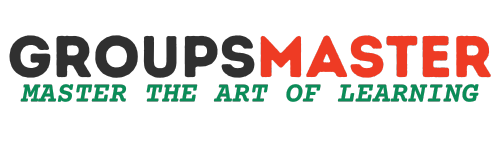Preparing for the UPSC Civil Services Exam Interview, also known as the Personality Test (PT), is a crucial step towards achieving your dream of becoming a civil servant. The interview assesses your personality, leadership qualities, communication skills, and general suitability for the civil services. Here’s a comprehensive guide on how to ace your UPSC Civil Services Exam Interview:
✦ Know Your Detailed Application Form (DAF): Thoroughly understand the information you provided in your DAF. The interview panel may ask questions based on your educational background, hobbies, work experience, and other personal details.
✦ Current Affairs: Stay updated on current affairs, both national and international. Be prepared to discuss recent events, government policies, and important socio-economic issues.
✦ Optional Subject and Graduation Topics: Be well-versed in your optional subject. Expect questions related to its concepts, recent developments, and your opinions on related issues. Brush up on your graduation subjects, especially if they are relevant to your chosen career path.
✦ In-Depth Knowledge of Hobbies and Extracurricular Activities: If you mentioned any hobbies or extracurricular activities in your DAF, be ready to discuss them in detail. This could include questions about the significance of your hobbies or experiences related to them.
✦ Understand Your Home State and Region: If applicable, be prepared to discuss the socio-economic and cultural aspects of your home state or region. Know about any recent developments or issues.
✦ Ethical and Moral Dilemmas: Expect questions that test your ethical and moral reasoning. Be prepared to express your views on hypothetical situations that involve ethical decision-making.
✦ Mock Interviews: Practice mock interviews with mentors, teachers, or fellow aspirants. This helps you become familiar with the interview environment and receive constructive feedback.
✦ Communication Skills: Focus on clear and concise communication. Practice articulating your thoughts effectively. Maintain a polite and confident demeanor.
✦ Body Language: Pay attention to your body language. Maintain eye contact, sit up straight, and avoid nervous gestures. A confident and composed posture is essential.
✦ Stay Calm and Composed: Interviews can be stressful, but it’s crucial to stay calm. If you don’t know the answer to a question, admit it gracefully rather than providing incorrect information.
The interview is an opportunity for the panel to assess not just your knowledge but also your personality, communication skills, and overall suitability for a career in civil services. Approach it with confidence, authenticity, and a willingness to engage in thoughtful discussions.



